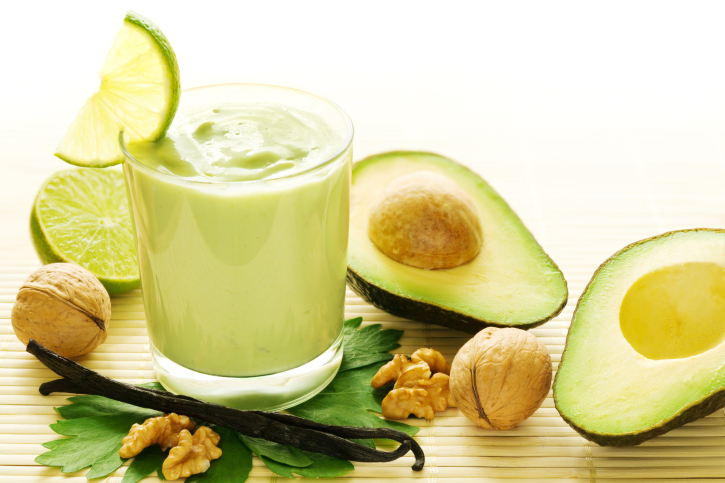
The foods you eat can help fight asthma.
The immediate response to coughing, wheezing and other asthma symptoms is to reach for the inhaler, take a puff and go right back to normal.
RELATED: 11 Best & Worst Foods For Asthma
But if you’re someone who doesn’t like being super dependent on medication to feel better, there are some alternative ways to keep asthma in check – and it begins with watching what you eat.
Yes, an anti-asthma diet does exist and it’s possible that you may have some of the necessary foods for that diet in your home already. But may not know exactly how they benefit you and your asthma.
If you’re looking to ease up on your asthma inhaler a little more these days, here are five foods that do wonders for folks living with asthma:
Avocado Packed with Nutrients
Now, this isn’t just good for nacho platters and fun chip dips.
Avocado is packed with an antioxidant known as glutathione. This helps the body rid itself of pollutants and other toxins that are bad on the respiratory system.
Thus, adding more of this fruit to your diet makes for good relief from asthma triggers.
Fight Asthma with Ginger
This herb can be found in any grocery store and, according to experts, it’s a known antihistamine.
Meaning, the ginger root works similarly to drugs like Benadryl, which stops inflammation and opens up constricted airways to improve breathing and oxygen flow.
A good way to incorporate ginger into your diet is through homemade teas with honey and sugar for added flavor.
Spinach
This veggie isn’t just good for strong muscles and bones, like in Popeye the Sailor Man cartoons.
Spinach is high in potassium and magnesium. Asthma patients typically possess a deficiency in both which triggers asthma attacks.
Experts say adding spinach to the diet will assist those deficiencies and, thus, leave less room for asthma symptoms to arise.
RELATED: Air Pollution & Your Diet: 5 Foods That Help You Breathe Easier
Cantaloupe
Vitamin C is a potent antioxidant that may ward off lung damage by fighting free radicals.
One study of preschool children in Japan found that those with the highest intake of vitamin C were less likely to suffer from asthma than those with lower intake.
Although vitamin C can be found in most fruits and vegetables, they are super-abundant in citrus fruits. Think about fruits such as orange and grapefruit, kiwi fruit, broccoli, Brussels sprouts, and tomatoes.
Flax Seeds to the Rescue
Flax seeds are high in omega-3 fatty acids as well as magnesium.
Some research suggests that omega-3s, abundant in salmon and other oily fish, have a beneficial effect on asthma. But that research is still preliminary.
Magnesium may be another helpful ingredient as it relaxes the muscles surrounding the bronchi, the airways, and so keeps them open, says Dr. Graham.
Constriction of the bronchi is what triggers an asthma attack.









